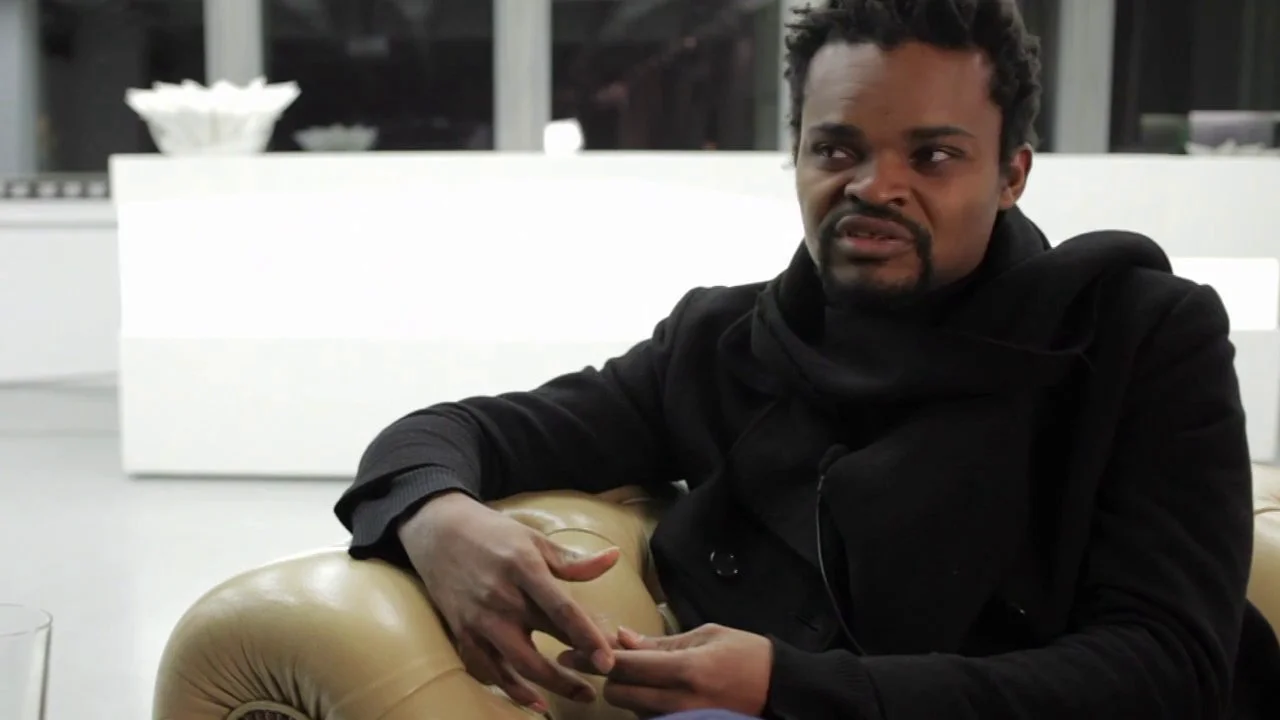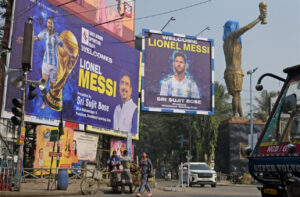
Nigerian filmmaker and creative director, Andy Amadi Okoroafor, has emphasized that African stories struggle with authenticity due to the failure of Africans to design their own future. Speaking at the iREP International Documentary Film Festival, Okoroafor identified several key factors contributing to this challenge. These include Africa’s over-reliance on foreign film funding, the neo-colonial influence of American cinema aesthetics on the African film industry—particularly in Nigeria—and the lack of time and research dedicated to creating impactful films.
Okoroafor stressed that designing one’s future, whether in cinema, visual arts, or national imagery, enables countries to create value for their culture and preserve authenticity. He used films like “Relentless,” which captured the essence of Lagos, and filmmaker Tunde Kelani’s work, which embodies Nigeria’s history, as examples of a well-designed future in the film industry. Kelani’s approach, Okoroafor noted, demonstrates that “one can make Yoruba films that aren’t necessarily Yoruba films, but rather Kelani films.”
Okoroafor explained that designing is akin to creating a painting: “If you have a design for something, you can master it. That’s what’s missing in Africa—we don’t design our future, our art, or our imagery, like deciding what Nigerian film aesthetics should look like.” He argued that designing the future becomes more challenging when Africans are “overtly chasing money” from external sources, but it becomes easier when Africans fund their own future, as seen in China’s success.
Okoroafor pointed out that Chinese art became highly influential globally because Chinese people began collecting Chinese art. He also highlighted the challenge posed by neo-colonialism, resulting from the influence of American cinema, which he described as overly emotional. Having studied French and Japanese cinemas, Okoroafor noted that while emotional films are not inherently flawed, they do not align with the quality of work he strives for. Instead, he prefers not to manipulate viewers emotionally, allowing them to find empathy and humanity in the characters presented.
Recently, Okoroafor completed production on a documentary film about Nigeria’s renowned architect Demas Nwoko, co-produced with Ese Brume.
Share your story or advertise with us: Whatsapp: +2348033202396 Email: sentinelnewsng@gmail.com







